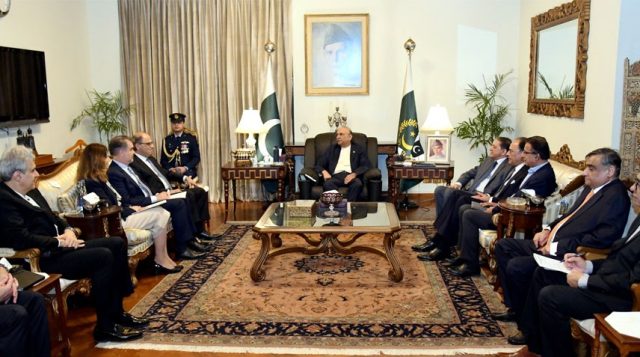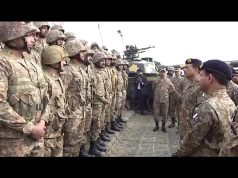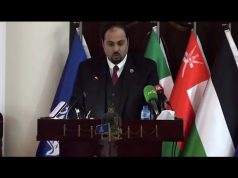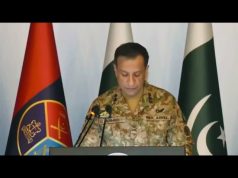ISLAMABAD, Friday, May 23, 2025 (WNP): President Asif Ali Zardari on Friday lauded the International Monetary Fund (IMF) for its vital role in stabilizing Pakistan’s economy and supporting its path toward sustainable growth, as a high-level delegation from the Fund concluded key meetings with the country’s top leadership.
During a meeting at Aiwan-e-Sadr with a visiting IMF team led by Jihad Azour, Director of the Middle East and Central Asia Department, President Zardari highlighted the Fund’s “positive and constructive” contribution to Pakistan’s economic progress and its broader development goals.
He praised the ongoing IMF program, saying it had helped reinforce macroeconomic stability while enabling long-term policy planning. The IMF delegation expressed satisfaction with Pakistan’s reform efforts and noted significant progress in curbing inflation, reducing fiscal deficits, and bolstering foreign exchange reserves.
Federal Finance Minister Senator Muhammad Aurangzeb, Senator Saleem Mandviwalla, and other senior officials also attended the meeting.
PM Shehbaz reaffirms reform agenda
A day earlier, Prime Minister Muhammad Shehbaz Sharif reiterated his government’s commitment to accelerating institutional reforms alongside macroeconomic consolidation. Hosting the IMF delegation at the Prime Minister’s Office, the premier declared that Pakistan had moved from recovery to a phase of sustainable development.
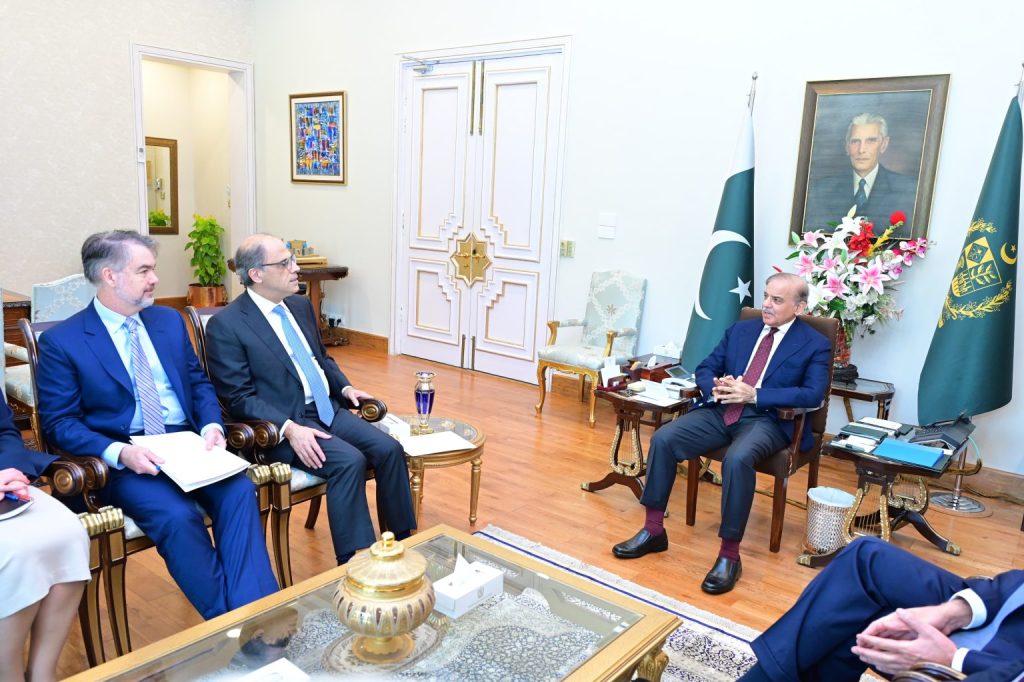
“With the grace of Allah, Pakistan is now progressing from economic stability to sustainable growth,” Shehbaz said, emphasizing that institutional reform remained the government’s top priority.
Both sides reviewed the progress of the Extended Fund Facility (EFF) and the recently approved Resilience and Sustainability Facility (RSF), expressing satisfaction with the trajectory of ongoing reforms.
The meeting was attended by key cabinet members including Ministers Ahsan Iqbal, Cheema, and Aurangzeb, Finance Secretary Imdadullah Bosal, FBR Chairman Rashid Mehmood Langrial, and other senior government representatives.
No new IMF conditions: Finance ministry clarifies
Amid public discourse around the IMF program, Advisor to the Finance Minister Khurram Shehzad clarified that no new conditions had been imposed by the Fund. “There are no newly introduced conditions — each step is part of the agreed reform roadmap outlined in the September 2024 MEFP,” he said in a statement issued Tuesday.
Shehzad explained that the structural benchmarks are part of a sequenced approach, with each review building on prior achievements. He noted that the IMF Executive Board had approved Pakistan’s first review under the 37-month, $7 billion EFF and sanctioned a 28-month, $1.4 billion RSF on May 9, 2025.
“These benchmarks are not surprises—they are deliberate follow-ons to earlier milestones,” Shehzad stated. He cited parliamentary approval of the FY26 budget targeting a 2.0% primary surplus by FY27 as a logical continuation of earlier fiscal efforts.
Other ongoing reforms include alignment of provincial and federal tax laws, permanent adoption of the Captive Power Levy, inflation-indexed cash transfers under the Kafaalat program, and rationalized energy pricing through continuous tariff adjustments.
Addressing new measures, Shehzad pointed to the post-2027 financial sector strategy and plans to remove the cap on the debt service surcharge as responses to evolving economic realities and energy reforms. He also confirmed Pakistan’s intent to phase out industrial incentives in Special Technology Zones by 2035 and liberalize trade by lifting restrictions on used car imports.
“These actions reflect Pakistan’s sovereign commitment to reform—not externally imposed demands,” Shehzad emphasized.
He also addressed misconceptions about defense spending, clarifying that although the IMF report projected a Rs 2.414 trillion defense budget, its share of GDP remains steady at 1.9% from FY25 onward.
On regional tensions, Shehzad noted that the IMF’s acknowledgment of India-Pakistan friction was standard risk assessment. “Despite this, investor confidence remains high, and Pakistan’s stock market has held firm,” he said, stressing that stability and constructive regional engagement are essential for sustained growth.
SDPI terms IMF approval a diplomatic milestone
Executive Director of the Sustainable Development Policy Institute (SDPI), Dr. Abid Qaiyum Suleri, called the IMF’s approval of the RSF and loan tranche a landmark in Pakistan’s economic and diplomatic journey — especially in the face of formal objections from India.
In an interview with a local news channel, Dr. Suleri said India’s diplomatic isolation during the RSF vote signaled a turning point in South Asia’s strategic landscape.
He credited Pakistan’s disciplined military response during a recent standoff, followed by high-level diplomacy, for compelling India to engage in dialogue and accept international mediation — a first in recent history.
Dr. Suleri underlined that the IMF-backed reforms have bolstered confidence in Pakistan’s economy, with improvements in state-owned enterprise restructuring, energy policy, inflation control, and industrial competitiveness. “The 11% easing in monetary policy and a strengthening currency are further signs of macroeconomic health,” he noted.
He also pointed to the rare political consensus observed during the celebration of Youm-e-Tashakur, a national day of gratitude for economic recovery and geopolitical resilience.
Looking ahead, Dr. Suleri confirmed that an IMF mission will assist in framing the FY26 budget, particularly focusing on reallocating Public Sector Development Programme (PSDP) funds to manage the fiscal fallout from the recent conflict — a situation he termed a “force majeure” beyond Pakistan’s control.
He stressed that Pakistan’s modest $7.5 billion defense spending had strategically countered India’s $75–80 billion defense budget, and that major international players, including QUAD nations and Gulf allies, had remained neutral — a reflection of Pakistan’s diplomatic outreach and strategic restraint.
“Pakistan has emerged more credible and united — not just militarily but also economically,” Dr. Suleri concluded. “This moment must be used to deepen economic reform and pursue lasting peace in the region.”

